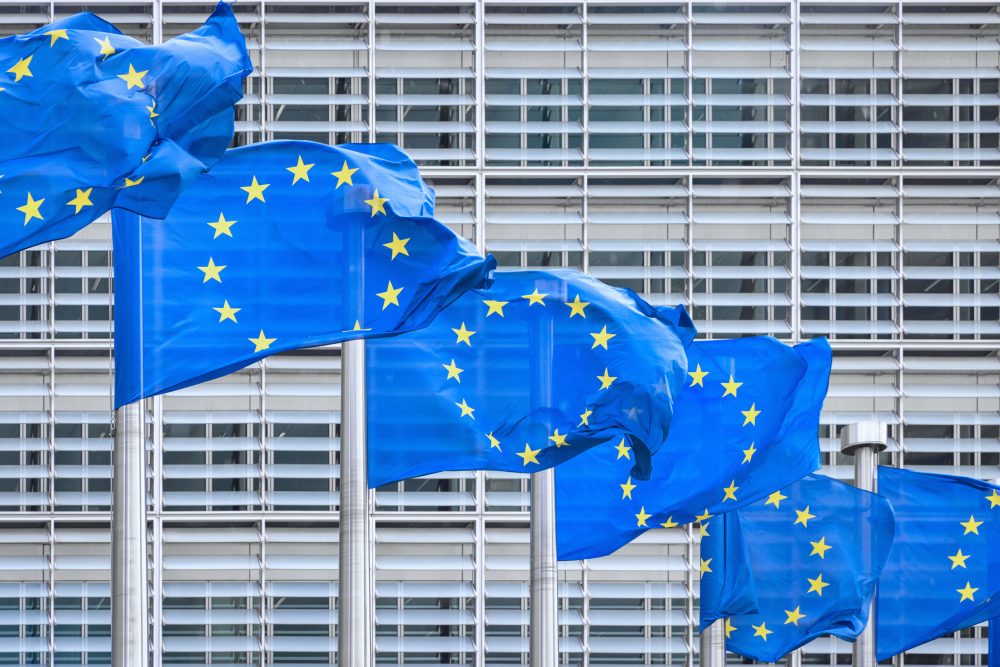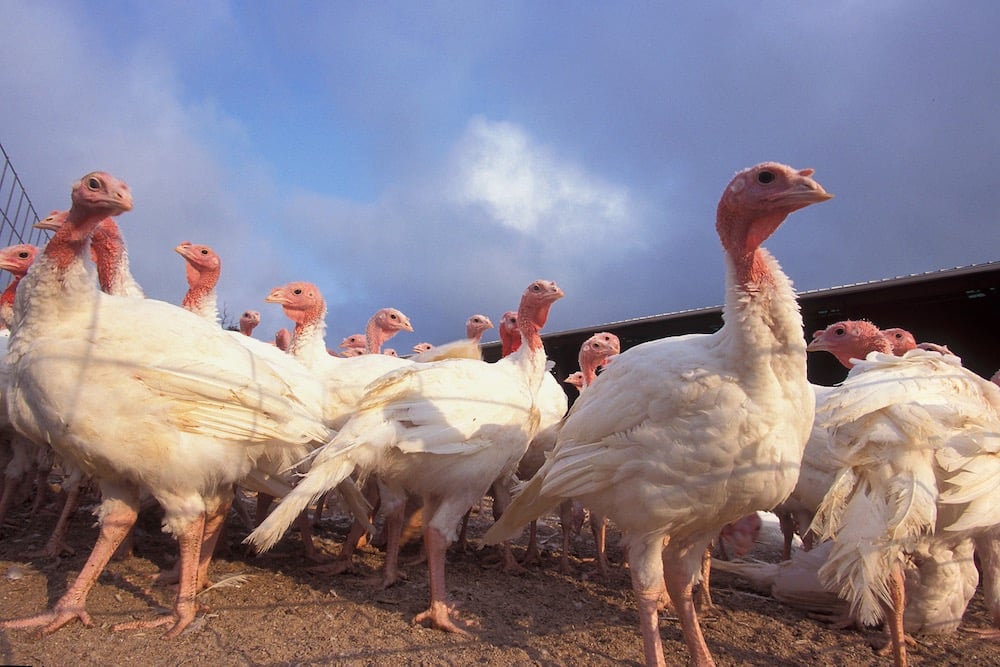EU and Mexico revive stalled trade deal as Trump tariffs loom

Brussels | Reuters—The European Union and Mexico revived a stalled free trade agreement on Friday, days before the return to the White House of Donald Trump, who has threatened both sides with tariffs.
The two parties are seeking to update their trade accord from 2000, which covers only industrial goods, by adding services, government procurement, investment and farm produce.
EU proponents say the bloc urgently needs new partners to reduce its reliance on China, particularly for critical raw materials, and to insulate it from Trump tariffs. Last month, It struck a deal with South America’s Mercosur bloc.
Read Also

US turkey producers should ramp up bird flu testing, USDA says
U.S. poultry producers should ramp up testing and monitoring of turkeys for bird flu before they are slaughtered to ensure the virus stays out of the food supply, the U.S. Department of Agriculture said on Friday.
“The modernized deal offers a renewed platform for coordination on future challenges – especially important given that the EU and Mexico are both in the crossfire of Trump’s tariff threats,” said Borja Gimenez Larraz, the European lawmaker overseeing the planned free trade agreement.
EU and Mexican negotiators reached an initial deal in 2018, and agreed in 2020 to grant reciprocal market access to each other’s tenders for public contracts.
However, a final agreement was delayed due to Mexico’s energy sector reform to give constitutional preference to state power generator CFE, which the Congress approved last year.
This removed potential benefits for EU energy companies and so revisions were agreed – reducing EU quotas for Mexican exports of beef, poultry and ethanol and adjusting local content rules to make it easier for the EU to export electric vehicles and batteries to Mexico than the other way around.
Practically all trade in goods will be duty-free, including for farm products such as Mexican chicken and asparagus and European milk powder, cheese and pork, albeit with some quotas.
The EU currently exports about 2 billion euros (C$2.97 billion) of agrifood products by year to Mexico, its second largest trading partner in Latin America. The EU is Mexico’s third-largest trading partner overall.
The agreement will allow Mexican companies to bid for government contracts in Europe and EU companies for those in Mexico, including at state level.
Mexico, which wants to reduce its reliance on the United States, has said the deal would grant it better access for products including orange juice, tuna, asparagus, honey, egg white albumin, as well as “equitable access” for meat products.
It is also set to recognize “geographical indications” for certain food and drink, a key EU demand, such as specifying that only cheese from Greece can be called Feta.
—Additional reporting by Kylie Madry in Mexico City
Source: Farmtario.com

